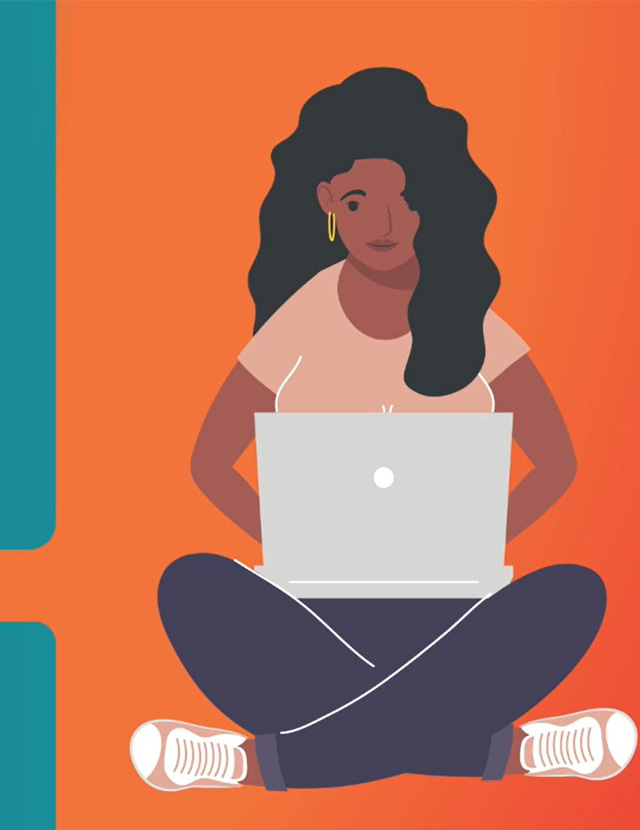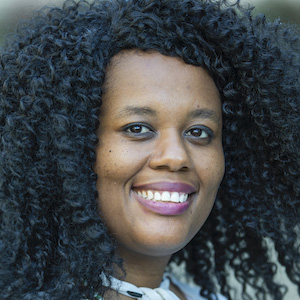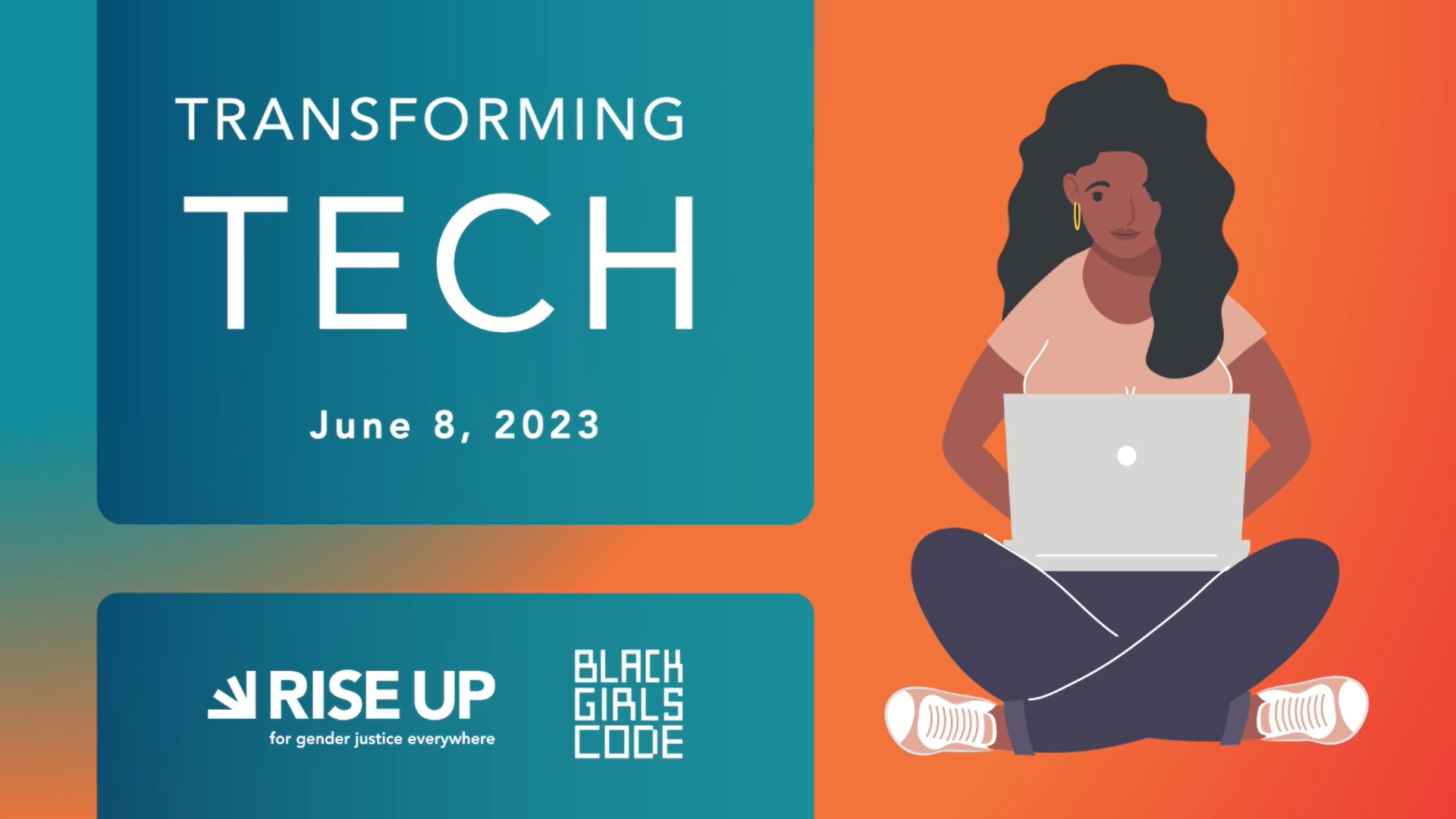Strengthening Global Gender Equity Through More Accessible, Equitable and Inclusive Technology for Women and Girls
Program
Highlights

In June of 2023, PHI's Rise Up held an in-depth, virtual event, Transforming Tech, co-hosted with Black Girls CODE (BGC), to raise awareness about technology and the economic opportunities it presents as one of the most powerful ways we can strengthen global gender equity.
4K supported through RISE Up leaders to find their place in science, technology, engineering, and mathematics (STEM) and beyond
-
Focus Areas
Capacity Building & Leadership, Global Health, Women, Youth & Children -
Issues
Workforce Development -
Expertise
Coalition & Network Building
The Public Health Institute’s Rise Up is partnering with women, girls, and gender-nonconforming people who are transforming the technology landscape through innovation and advocacy. With Rise Up’s support, Rise Up Leaders are changing technology—both as a career path and a social justice tool—to make it more equitable, inclusive, and accessible.
In June of 2023, Rise Up held an in-depth, virtual event, Transforming Tech, co-hosted with Black Girls CODE (BGC), an organization dedicated to improving the pipeline of Black girls in Tech.
Bringing more women and girls into the technology field is critical to global economies, according to the UN; however, women and girls remain underrepresented in science, technology, engineering and mathematics (STEM). The purpose of this event was to raise awareness about technology and the economic opportunities it presents as one of the most powerful ways we can strengthen global gender equity.

I see tech as an equalizer.Meru Vashisht
Rise Up Leader in India, human-centered design professional, and a sexual and reproductive health and rights advocate
In conversation with Rise Up Founder and Executive Director, Dr. Denise R. Dunning, Meru also called tech, “one of the greatest feminist forces of all time.” In India, Meru explained, young women rely on technology to get answers to questions they can’t ask others due to societal norms and stigma, access essential services without leaving their home, and report crimes without being intimidated or threatened.
Meru uses human-centered design to address unmet needs and reduce barriers for underserved communities—which is exactly what she did with the grant funding she received from Rise Up. Her project, called Unspoken Stories, uses technology to provide a safe space for young women to anonymously share about their sexual experiences.
Jackie Garcia, Black Girls CODE Vice President of Development, and Yasmin Senior, a BGC alumna also shared their experiences at the virtual event in using technology. Yasmin first got involved with BGC as a teenager and reflected on how learning coding skills influenced her career trajectory. She is in college and currently interning at a major technology company committed to diversifying its workforce.
One thing that a lot of women go through in the tech industry is imposter syndrome... It is hard to feel like you belong or to feel validated—it is good to have these spaces for women to share and learn more ways for career paths as well.Yasmin Senior
Black Girls CODE alumna
For Yasmin, fellow young women, and people in underrepresented groups, technology provides so many possibilities. Jackie at BGC spoke specifically about how technology can offer women the chance to achieve financial independence and a secure economic future for their families and future generations.
Rise Up Leader Lesego Masethe in South Africa, who also spoke at the event, is focused on supporting those future generations in her country. Lesego established her NGO, Brain Waves Development, to create platforms and opportunities for young girls to find their place in STEM and beyond. Brain Waves aims to build STEM literacy and understanding in previously disadvantaged communities. Since its inception in 2015, the organization has supported almost 4,000 students through its program.

I want young girls to thrive... I want young women to one day sit side-by-side at a table with other world leaders and help solve problems that are facing the world today.Lesego Masethe
Rise Up Leader in South Africa

Female leaders, like myself, within these spaces are catalysts for change... We challenge gender biases and promote inclusivity.Lesego Masethe
Rise Up Leader in South Africa
Lesego said that her Rise Up experience broadened her perspective on social issues and deepened her understanding of effective advocacy strategies. She added that the Rise Up program also provided her with a network of like-minded leaders, fostering collaboration and knowledge-sharing.
“Female leaders, like myself, within these spaces are catalysts for change,” Lesego said. “We challenge gender biases and promote inclusivity.”
To hear more from these inspiring speakers, you can watch the 1-hour Transforming Tech event here.
A version of this impact story first appeared in a Rise Up newsletter.
Rise Up activates women & girls to transform their lives, families & communities for a more just & equitable world through investment in local solutions, strengthening leadership & building movements. Since 2009, over 800 leaders have successfully advocated for 185 new & improved laws & policies impacting 160 million people around the globe.
Work With Us
You change the world. We do the rest. Explore fiscal sponsorship at PHI.
Support Us
Together, we can accelerate our response to public health’s most critical issues.
Find Employment
Begin your career at the Public Health Institute.

